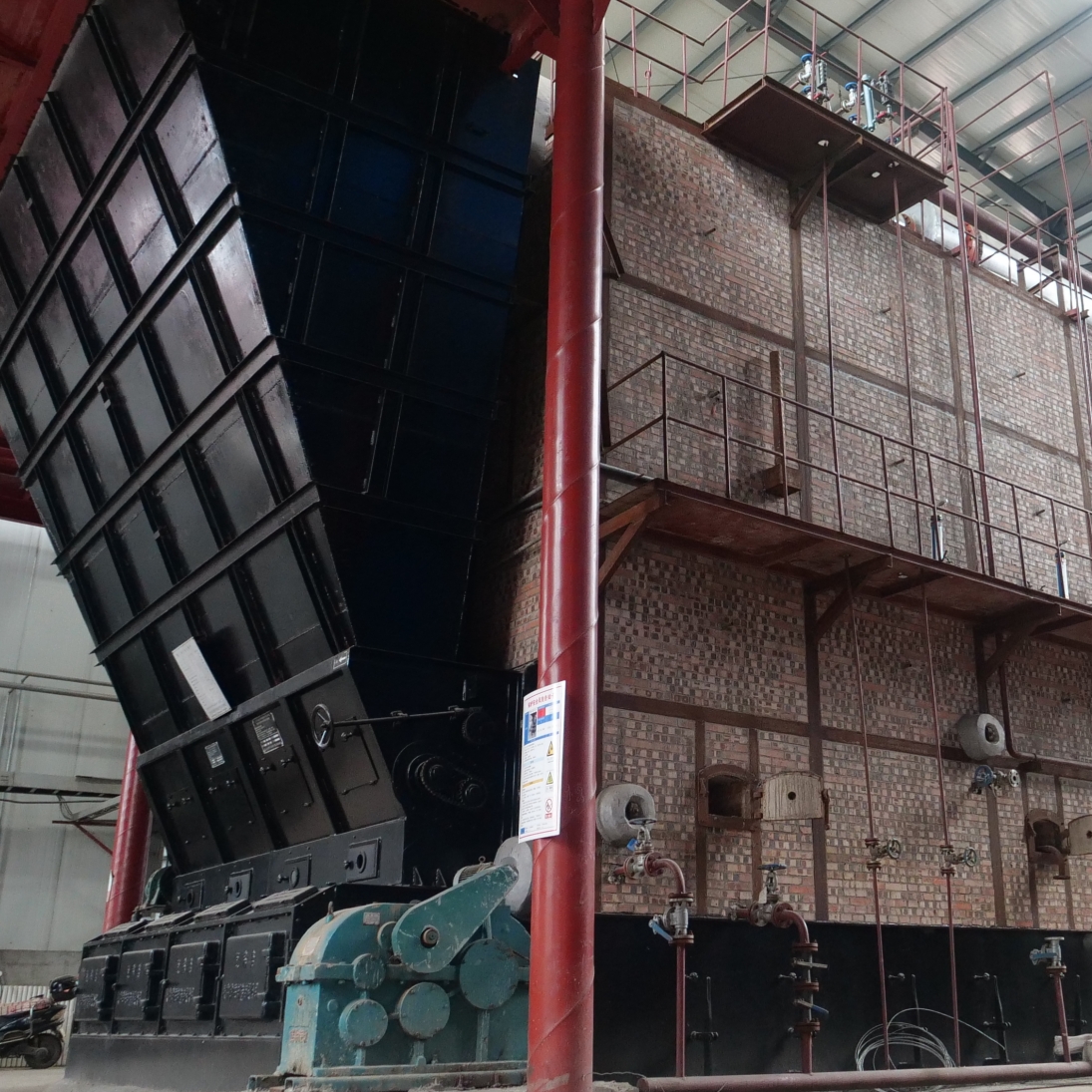
अगस्त . 16, 2024 23:56 Back to list
Adjusting Boiler Water Temperature for Optimal Performance and Efficiency
Understanding Boiler Water Temperature Settings Ensuring Efficiency and Safety
Boilers play a pivotal role in heating systems, whether in residential buildings, commercial spaces, or industrial applications. One critical aspect of boiler operation is the water temperature setting. Properly adjusting this setting can significantly impact efficiency, energy consumption, and safety. In this article, we will delve into the importance of boiler water temperature settings, how to determine the optimal levels, and the consequences of improper settings.
The Importance of Boiler Water Temperature Settings
Boiler water temperature settings are essential for several reasons. First and foremost, they directly influence the efficiency of the heating system. A well-regulated water temperature ensures that the boiler operates at its peak performance, maximizing heat transfer while minimizing energy loss. This efficiency can lead to significant savings on energy bills, especially in colder climates where heating demands are high.
Moreover, the water temperature setting affects the overall lifespan of the boiler and its components. Operating a boiler at excessively high temperatures can accelerate wear and tear, leading to increased maintenance costs and a shorter operational lifespan. Conversely, setting the temperature too low can result in inefficient heating and potential condensation issues, which can cause corrosion and other damage over time.
Determining the Optimal Temperature Setting
The optimal boiler water temperature setting can vary based on several factors, including the type of boiler, the intended application, and the specific heating requirements of the space. For residential heating systems, a common water temperature range is typically between 140°F to 180°F (60°C to 82°C). This range ensures comfortable heat distribution while preventing issues such as overheating and excessive energy consumption.
To determine the best setting for your boiler, consider the following
1. System Type Different systems have unique requirements. For instance, radiant heating systems may benefit from lower water temperatures than conventional forced-air systems.
boiler water temperature setting

2. Building Insulation If a building is well-insulated, it may require lower water temperatures to achieve optimal comfort levels. Conversely, poorly insulated spaces might need higher temperatures to maintain warmth.
3. Outdoor Temperature Adjustments may be necessary during colder months when outdoor temperatures drop significantly. A boiler's output can be increased during these times to meet heating demands.
4. Safety Standards It’s essential to follow manufacturer guidelines and local regulations regarding safe temperature settings to prevent accidents and ensure compliance with safety standards.
Consequences of Improper Settings
Setting the boiler water temperature too high can lead to scalding risks, especially in systems used for domestic hot water. Additionally, high temperatures can lead to steam formation, which may cause pressure build-up and increase the risk of boiler failure or explosions.
On the other hand, setting the temperature too low can result in system inefficiencies, longer run times, and discomfort. Underheated water can cause the boiler to work harder to maintain desired temperatures, further contributing to energy wastage and increased wear on components.
Conclusion
In summary, understanding and properly adjusting the boiler water temperature setting is crucial for efficiency, safety, and longevity of the heating system. By considering factors such as system type, building insulation, and current weather conditions, homeowners and facility managers can establish optimal settings that reduce energy costs, enhance comfort, and prolong equipment lifespan. Regular maintenance and monitoring are also key to ensuring that the boiler operates safely and efficiently, safeguarding both the investment and the individuals using the heating system.
-
Best Steam Boiler Design PDF Free Design Calculation & Diagram Downloads
NewsJun.10,2025
-
Hot Boiler Water Heater Efficient Heating Solutions for Home & Commercial Use
NewsJun.10,2025
-
Steam Boiler Safety Devices High-Quality Protection Valves
NewsJun.10,2025
-
Ultimate Steam Boiler Checklist for Safety & Efficiency
NewsJun.10,2025
-
Optimal Hot Water Boiler Temperature Setting Guide
NewsJun.10,2025
-
Effective Hot Water Boiler Chemical Treatment Protect & Maintain
NewsJun.09,2025
Related PRODUCTS






















